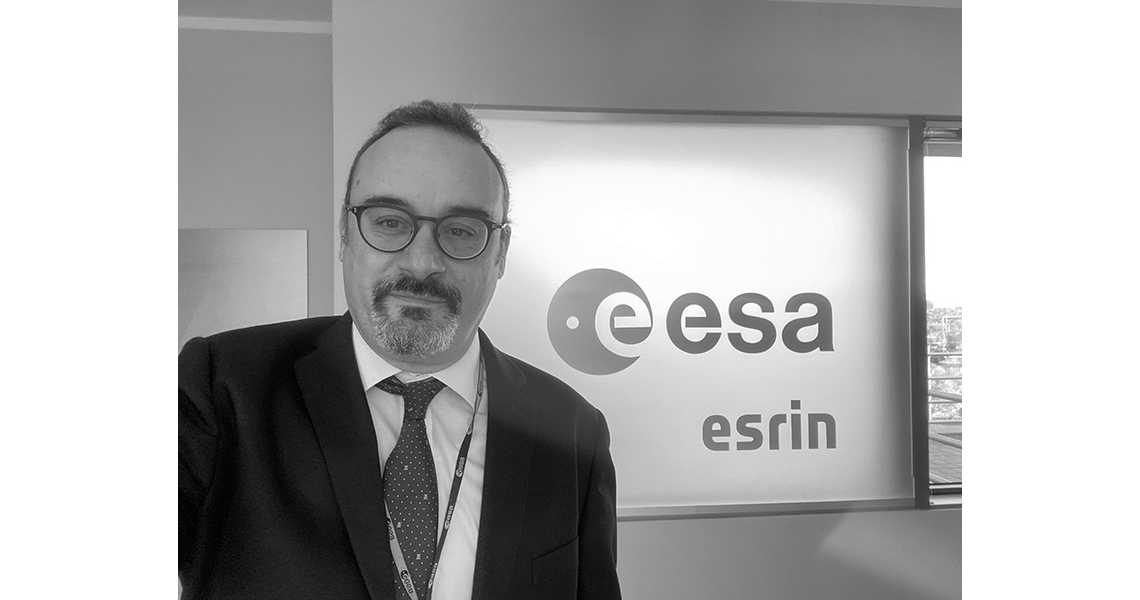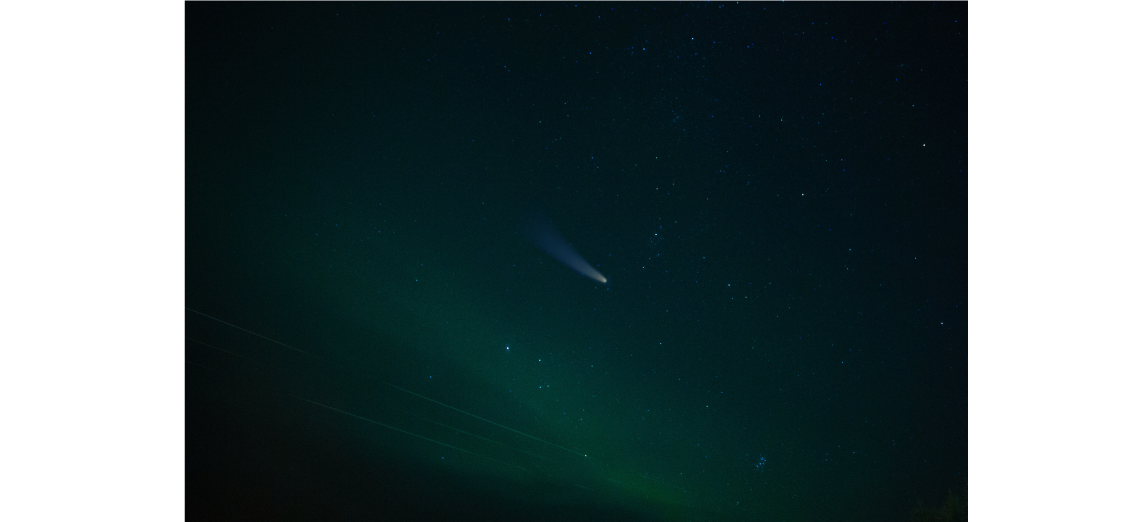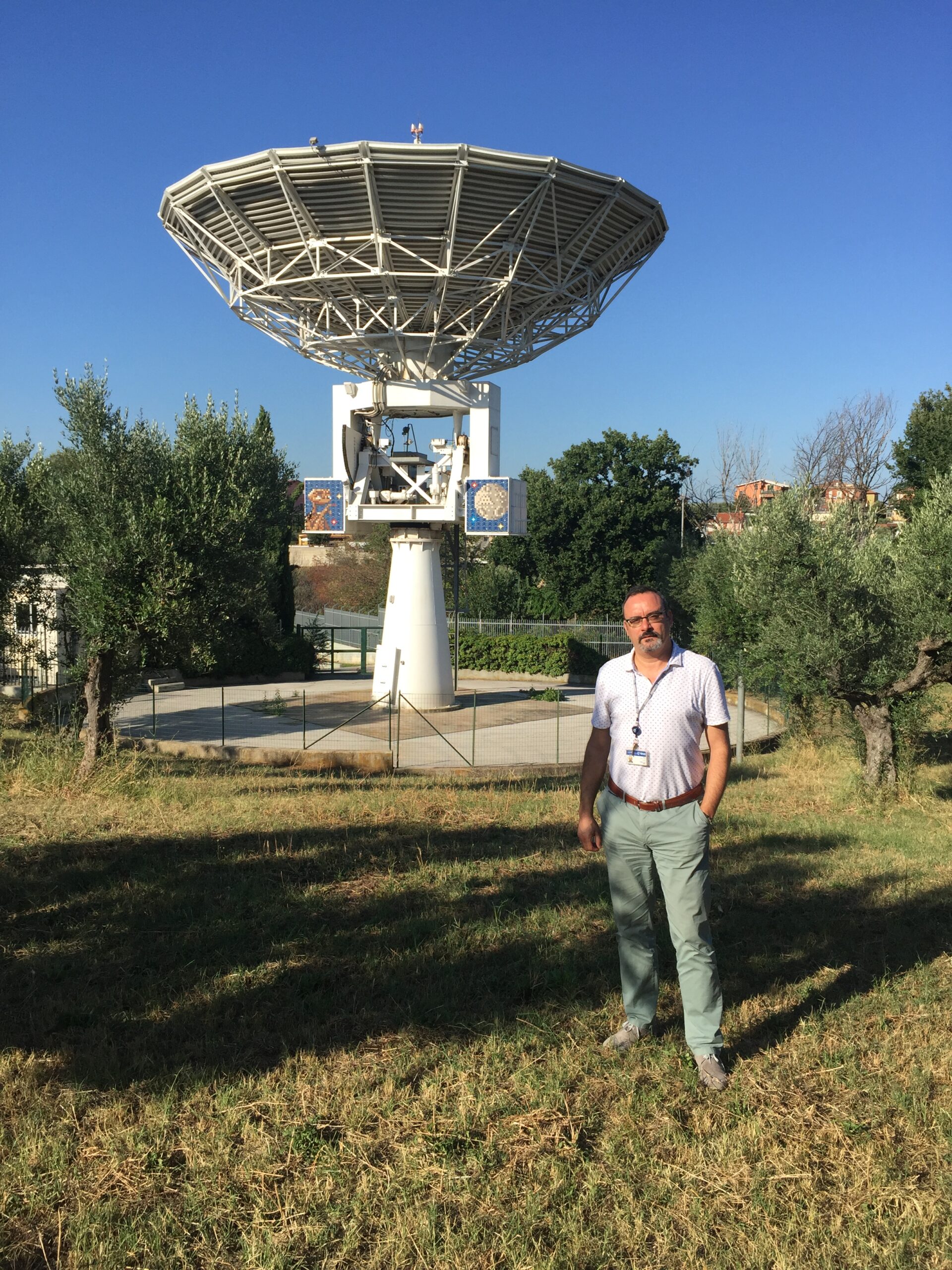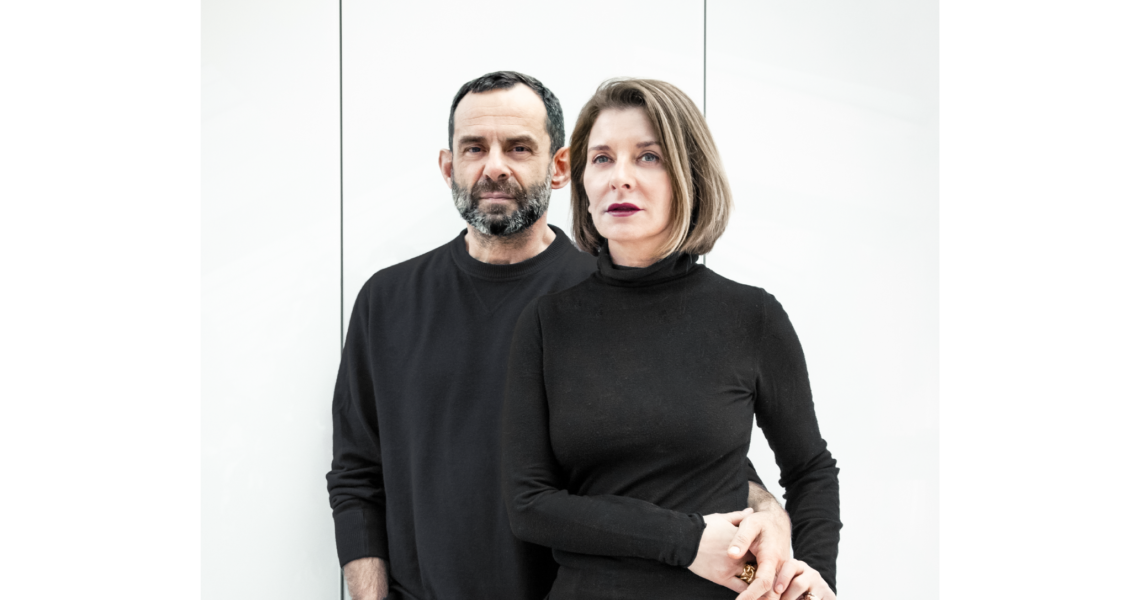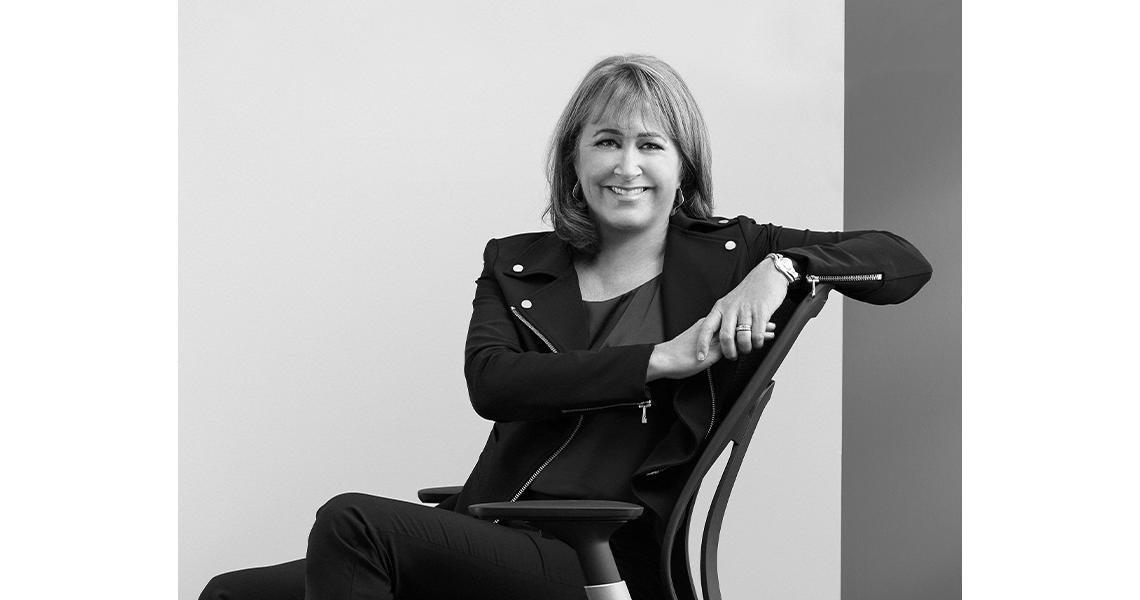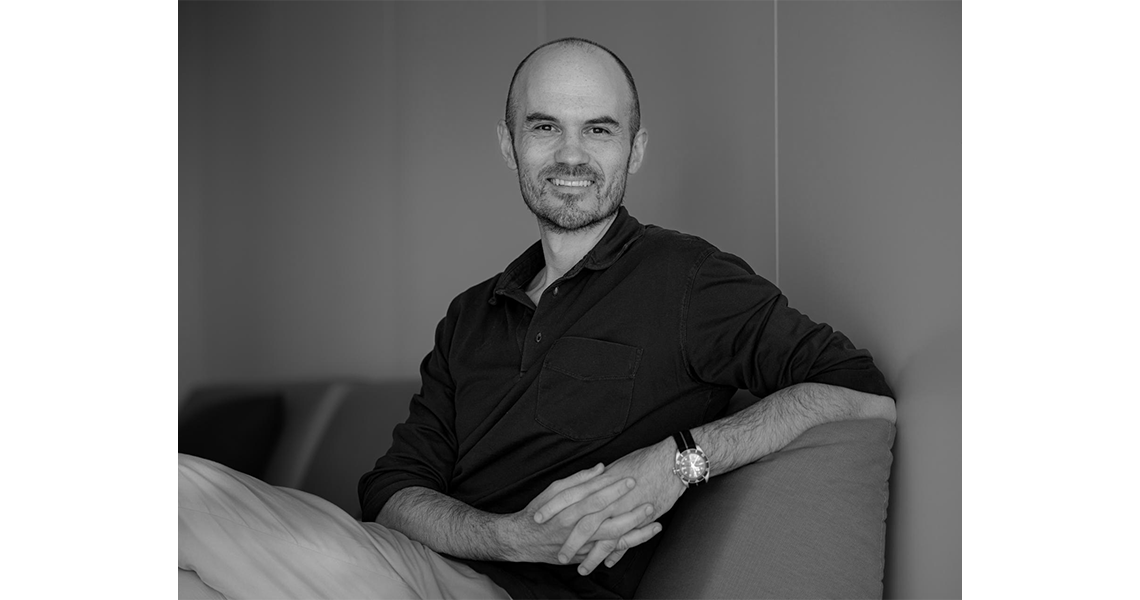Could you explain briefly what you do in your institution and what your role is?
I have been working for the European Space Agency for 25 years, both directly and indirectly. I am one of those people who got the space bug after watching Carl Sagan’s Cosmos series in the early 80’s and I am still there. In the last fifteen years I have been specialized in an area we call Planetary Defense, which has to do with discovering and tracking the millions of asteroids orbiting the sun in the vicinity of the Earth (most of which we have not yet found) that could pose a danger to us. We also devise plans to mitigate future risks should we discover an object that may impact the Earth soon. My position is to coordinate several of these activities in our group and to be part of the “planetary defenders” community, even if it sounds a bit bombastic.
Living professionally on a sidereal scale, how do you adapt to personal errands outside of work? How do you combine such distant scales without getting bored by our pettiness?
All of us who work in the space sector: engineers, scientists, technologists, computer scientists, etc., are normal people, with our families and friends, our personal interests outside the work environment and our human goals. What I do see constantly is that the level of motivation that I generally find in our work environment is extremely high, because there is an intrinsic passion for space exploration and for improving people’s lives in what can be contributed from the space sector (telecommunications, navigation, Earth observation, weather prediction, etc.) that is enormous. In the field in which I have been working for years, we have a particularly strong interest in protecting society from space threats, and we feel a strong commitment and motivation in doing so.
As you know Viccarbe has grown a lot over the years thanks to exporting its Mediterranean concept in a unique way to enhance collaboration, balance, and optimism. Do you think the Universe shares these values?
The Universe is a place that has a very particular and overwhelming beauty. Without the need to become an astronaut, I don’t know if many of your readers have been able to experience the sensation of spending a few hours under a completely dark night sky and feeling the incredible sensation of travelling in a spaceship, which is the Earth, through the starry sky. Unfortunately, we are no longer able to enjoy this spectacle due to the massive light pollution of our night skies. I certainly wish that our administrations would share the values of collaboration, balance and optimism promoted by Viccarbe to return to those dark skies and stimulated with the wonderful starlight that comes to us from deep space.



